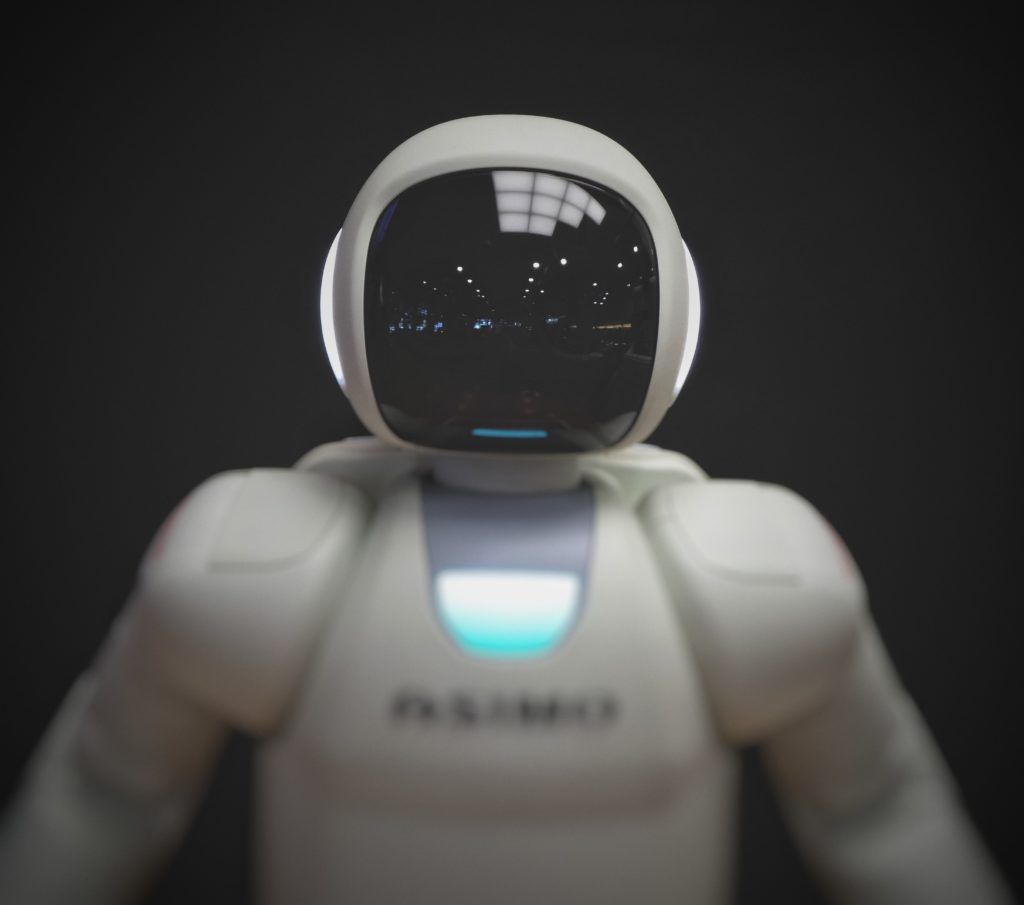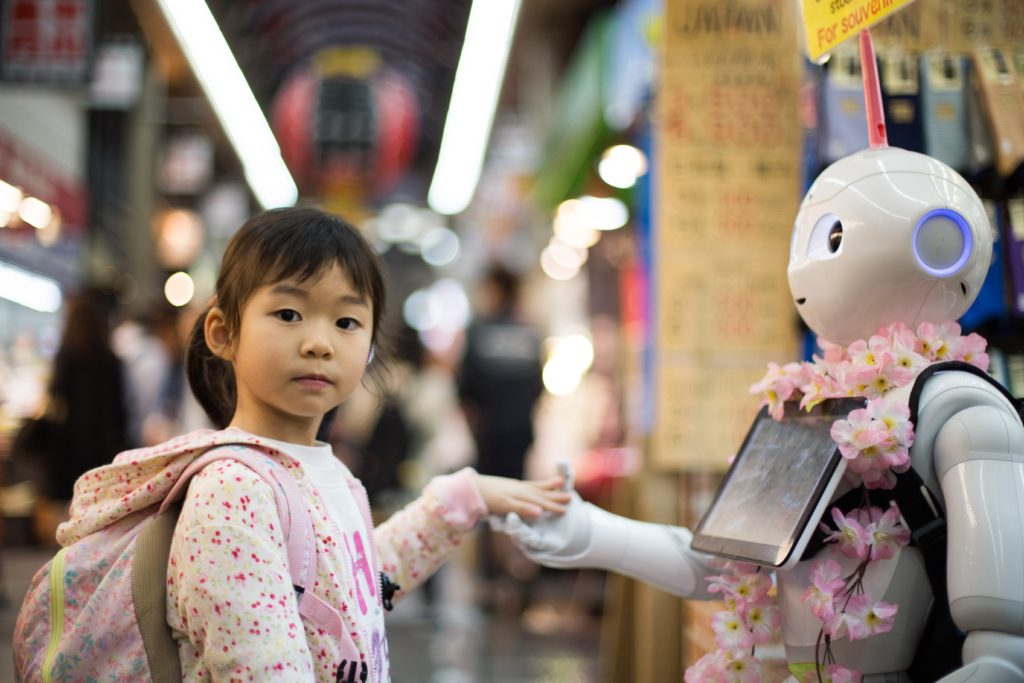
By Yvonne Milosevic
There’s no denying that robots and artificial intelligence (AI) occupy an ever-expanding role in our lives. Whether you feel ambivalent about this spread or welcome it enthusiastically may depend on the robot’s so-called origin story. Yup, origin stories aren’t just for superheroes anymore. A new study led by Stanford GSB professor Glenn R. Carroll found that we consider a robot’s work “more authentic” when we know something about the people who create these tools.
Authenticity in AI?
Carroll, along with research partners Arthur S. Jago of Washington University and Mariana Lin, who helped create the voice of Apple’s Siri, conducted five experiments measuring how human origin stories impact perceived authenticity. The researchers used an array of real-life work environments for a hypothetical AI agent named Cyrill.
For example:
- Cyrill designs graphic art,
- reads X-rays at a large hospital,
- or works as a security guard.
In one experiment, participants learned “Cyrill was actually developed by a famous computer scientist at Stanford. This developer was a pioneer when it came to AI and put a great deal of thought and effort into Cyrill.” An image of Cyrill’s “creator” accompanied this description. In the end, these experiments all arrived at the same conclusion.
“The study subjects who read the origin story about an AI agent ranked its work highest in authenticity.”
Test subjects considered “an AI agent’s work as more authentic when they were presented with information or asked questions about the person or people who created the agent in the first place.”
“I did not anticipate the final conclusion at all,” Carroll says. “It was not obvious to us that human origin stories were going to be so powerful here.”

Previous research suggests that people feel more comfortable when machines have human-like qualities. Yet this study revealed that “the human origin stories embedded in the experiments had a stronger effect on perceived authenticity than anthropomorphizing the robots.”
The Value of the Origin Story
Of course, we know that people will often pay more for goods and services they perceive as authentic. In the case of robots and AI, having that human footprint heightens value in consumers’ minds. “If you look at what drives purchases of consumers in advanced economies, it’s often not objective characteristics of products or services,” says Carroll.
“It’s our interpretation of them, the meaning we derive. It matters a lot if we think something is authentic,” he explains.
Finally, there is a vital takeaway for companies in the future. Knowing the value we place on authenticity should spur businesses to ensure their AI agents convey that all-important quality. Doing so could give them a significant advantage over their competitors.
You can learn more about this study’s experiments and conclusions on Insights by Stanford Business.
For more on robots and AI, check out: Could a Robot Become Your BFF? and Make Peace with Robots at Work.


